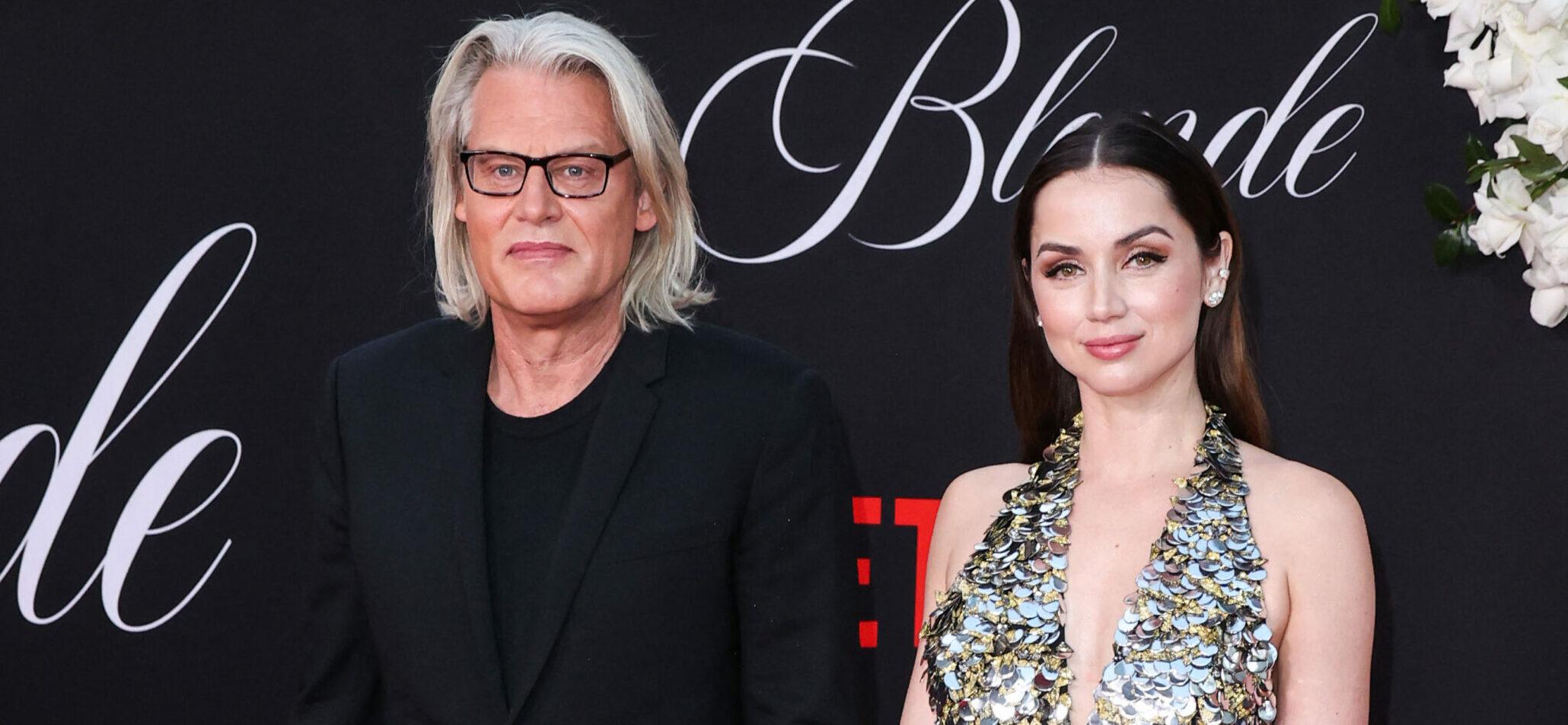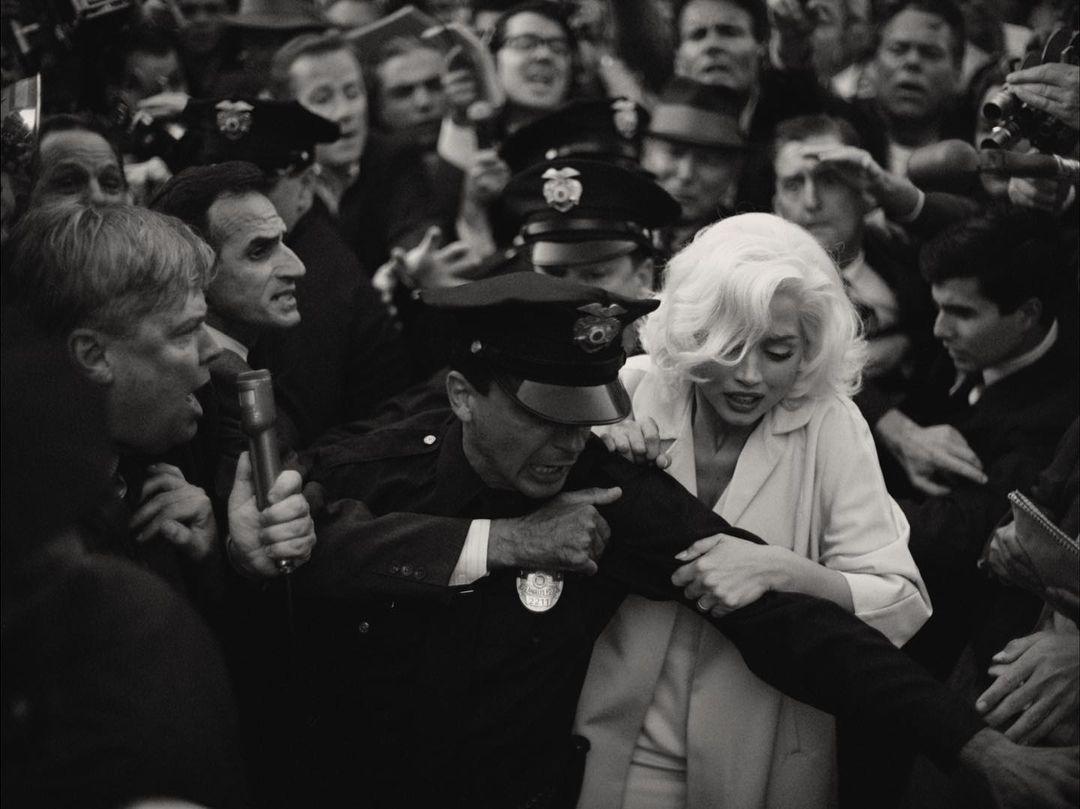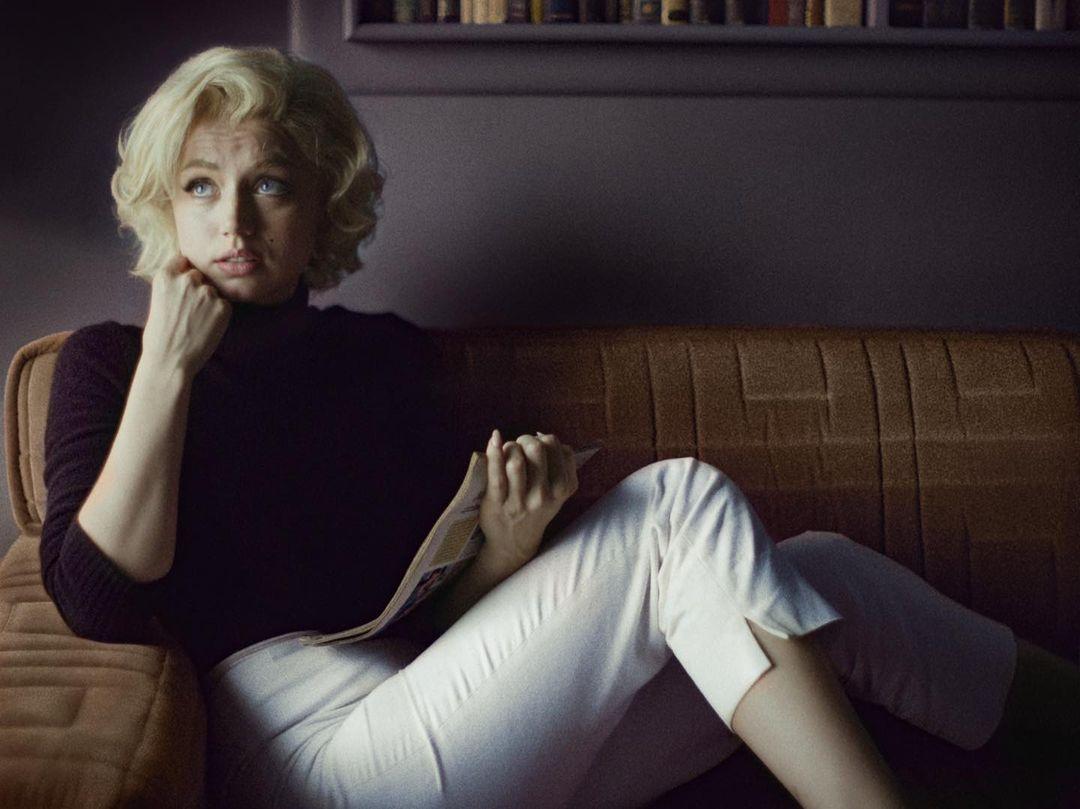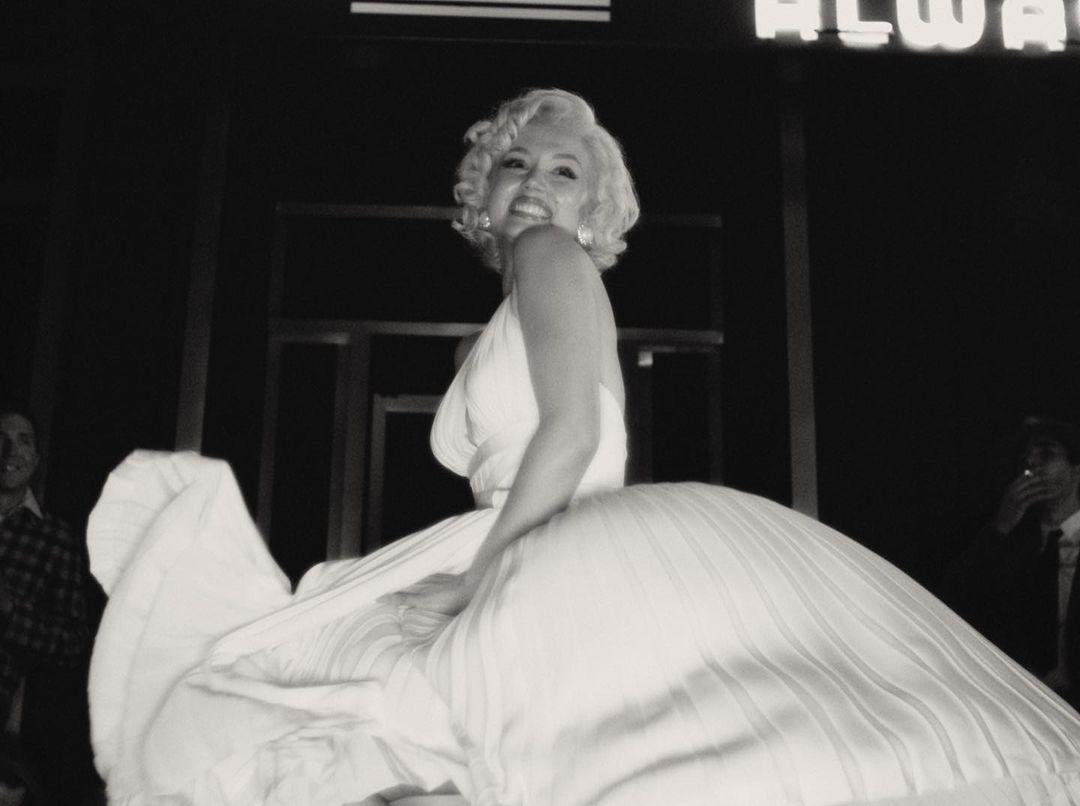Andrew Dominik Reacts To 'Blonde' Backlash From American Audiences
By Favour Adegoke on December 7, 2022 at 6:00 PM EST

Filmmaker Andrew Dominik has commented on the backlash his latest film, "Blonde," has received following its debut in September.
The "Killing Them Softly" director noted that a huge part of the criticism came from American viewers. He explained that they wanted to see an empowered Monroe in the film; instead, they got to see the unflattering side of the Hollywood icon.
The role was portrayed by Ana de Armas, who has since received critical acclaim for her performance. The "Knives Out" actress had previously discussed her intensive preparation to embody the role of the deceased star.
Read below for more details.
Andrew Dominik Slams Viewers For Their Criticisms Of Marilyn Monroe's Portrayal In 'Blonde'

During his appearance at a Film Festival in Saudi Arabia, Dominik discussed the reception of his new Netflix film "Blonde," which centered on the rise and fall of Hollywood icon Marilyn Monroe.
He said the biography had generated quite a stir following its initial showing in Venice and its release on Netflix, remarking that American viewers had the film's most hostile reception.
"They hated the movie!" the director said, explaining that the anger stemmed from how his film highlighted Monroe's less-than-attractive aspects rather than upholding the conventional prim and proper narrative about the deceased icon.
"Now we're living in a time where it's important to present women as empowered, and they want to reinvent Marilyn Monroe as an empowered woman. That's what they want to see," Dominik further explained, per Hollywood Reporter. "And if you're not showing them that, it upsets them."
Andrew Dominik Was Accused Of Exploiting Marilyn Monroe

Since the release of Blonde, Dominik has been accused of exploiting Monroe. In response, he opined that the claims were not valid since Monroe was no longer alive.
He added, "What they really mean is that the film exploited their memory of her, their image of her, which is fair enough. But that's the whole idea of the movie. It's trying to take the iconography of her life and put it into service of something else, it's trying to take things that you're familiar with, and turning the meaning inside out. But that's what they don't want to see."
Despite the polarizing views against "Blonde," Dominik claimed that "tens of millions of people" have streamed the film on Netflix after it debuted on the platform on September 28. He also stated that Hollywood movies were getting "more conservative," adding that he had no desire to make such movies in the future regardless of the backlash that might come his way.
'Blonde'

The movie starred Ana de Armas as the titular character and was inspired by a novel of the same title written by Joyce Carol.
Most of the movie is shot in black and white alongside the use of shifting aspect ratios. It highlighted Monroe's troubled childhood, her rise to stardom, her failed marriage, and how she later became dependent on drugs and alcohol, which she ultimately overdosed on.
Playing supporting roles in the movie are Bobby Cannavale, Xavier Samuel, Adrien Brody, and Julianne Nicholson. Meanwhile, Tracey Landon, Brad Pitt, Dede Gardner, Jeremy Kleiner, and Scott Robertson produced the film.
Armas's performance has garnered critical acclaim from critics despite the backlash against the movie. Monroe's estate and producer Pitt have also publicly lauded the "Knives Out" actress's performance in the film.
How Ana de Armas Prepared For Her Role In 'Blonde'

The Cuban actress prepared to play the part by doing several in-depth pieces of research that involved her scouring over mementos of the icon.
"I read Joyce's novel, studied hundreds of photographs, videos, audio recordings, films — anything I could get my hands on. Every scene is inspired by an existing photograph. We'd pore over every detail in the photo and debate what was happening in it," Armas said, per New York Post.
The actress also discussed how Norma Jeane Mortensen, which was the original name of the Hollywood icon, was relegated while Monroe was alive.
She added, "We wanted to tell the human side of her story. Fame is what made Marilyn the most visible person in the world, but it also made Norma the most invisible."